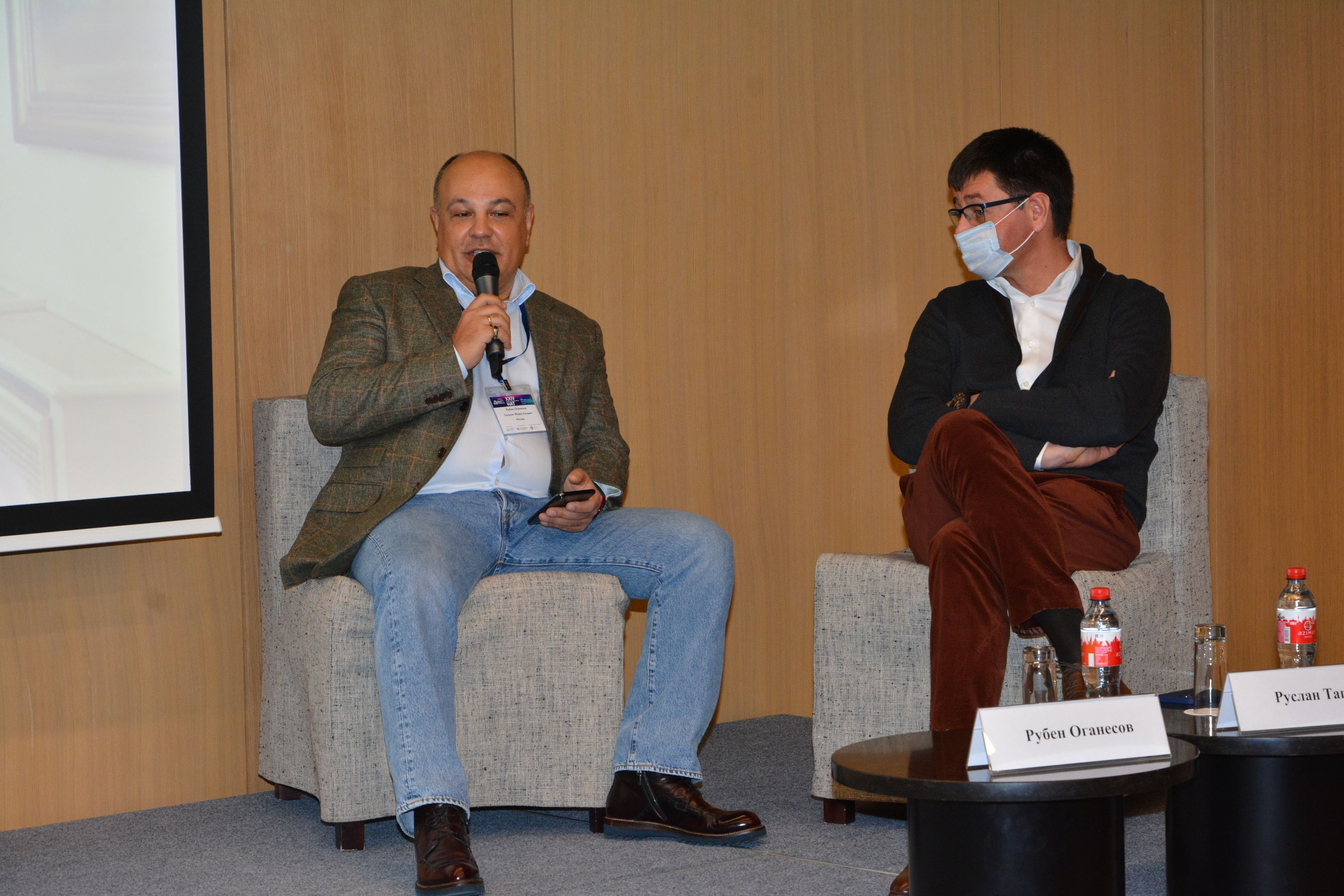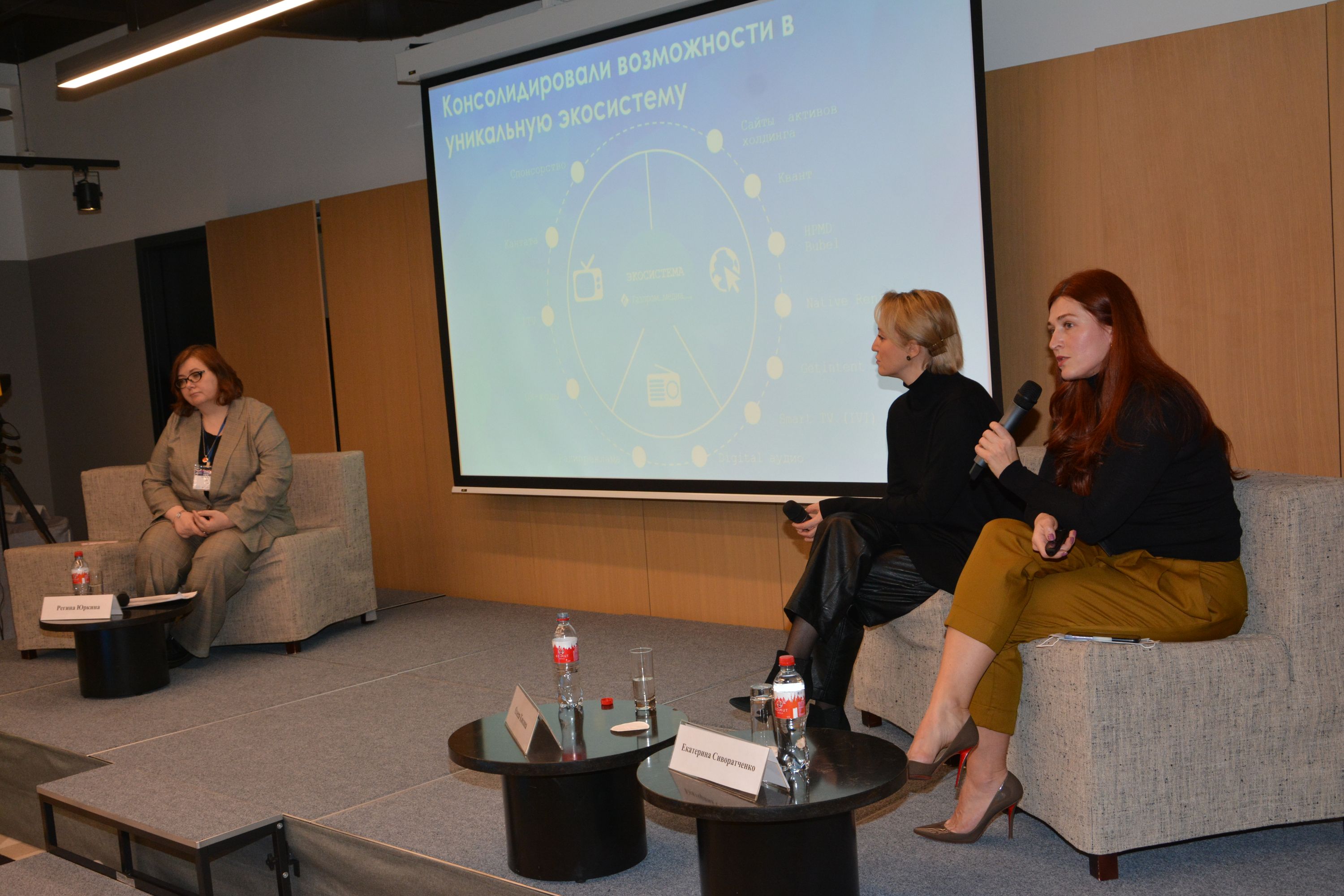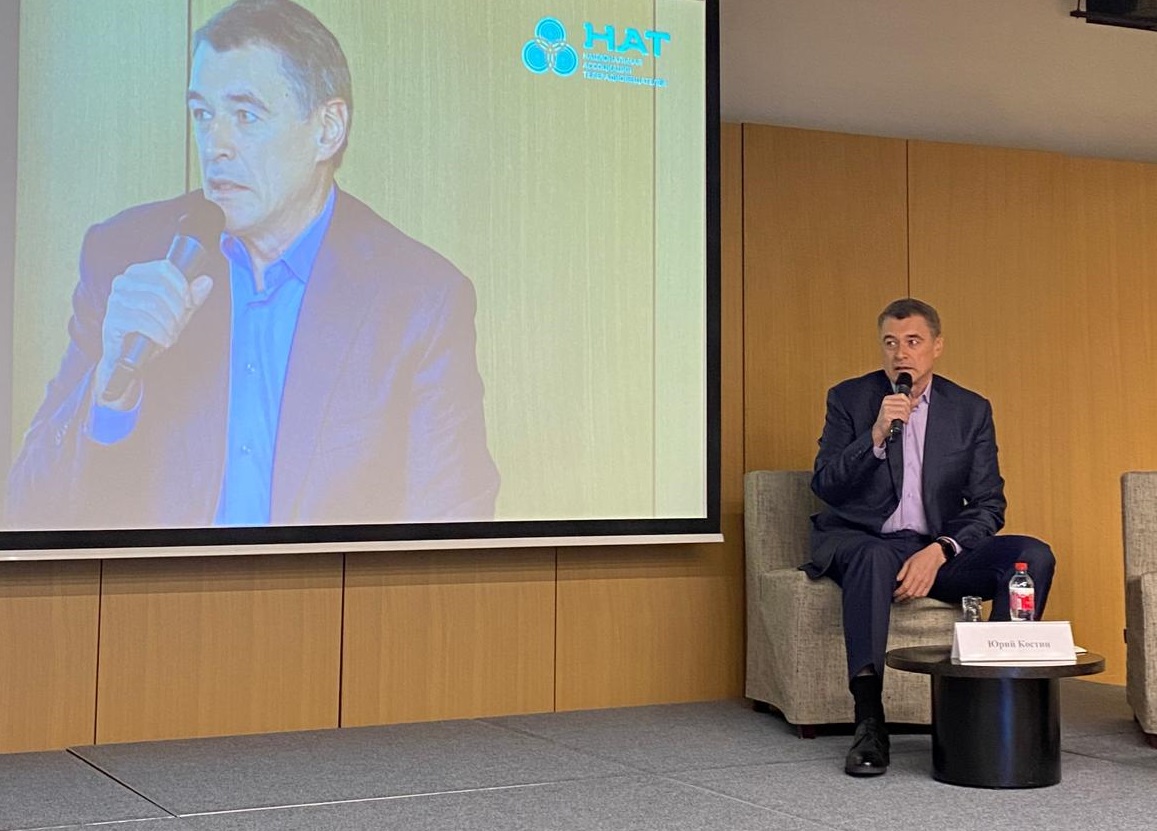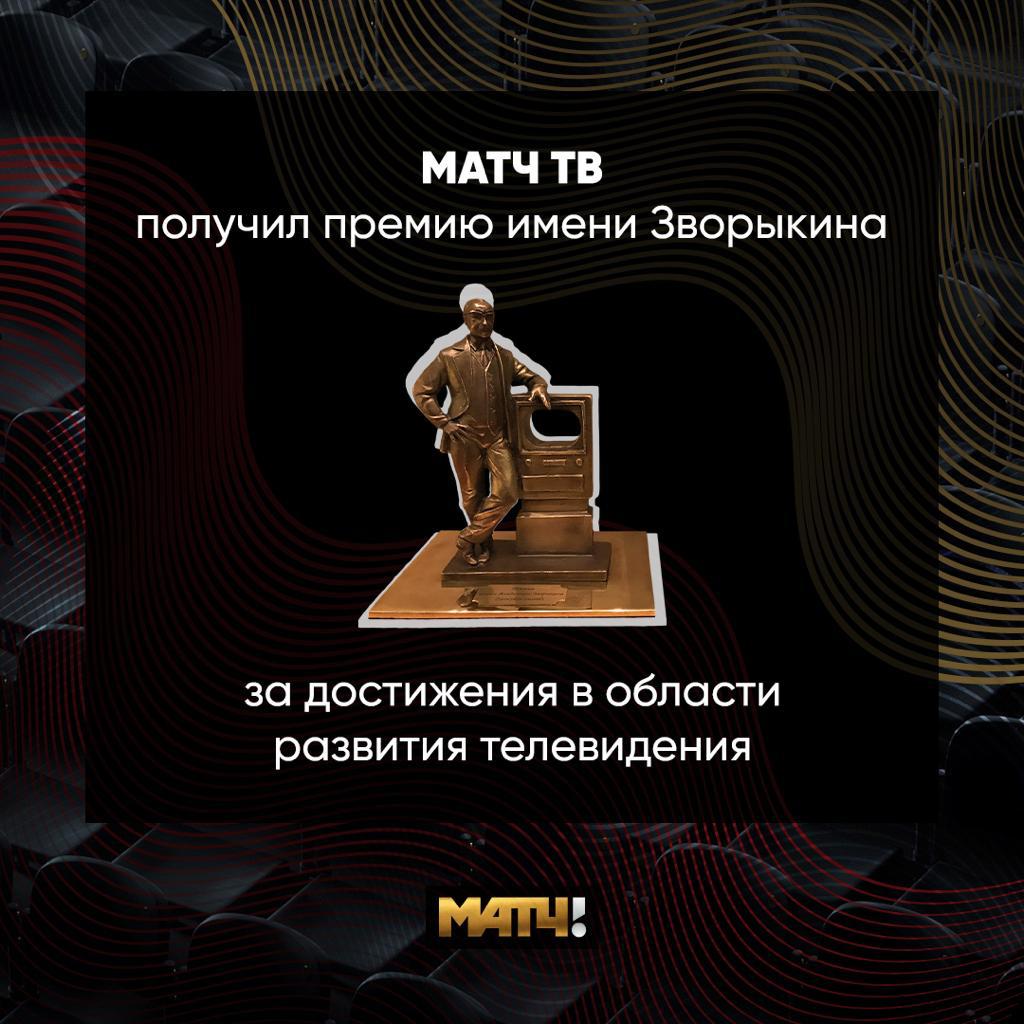The XXIV International Congress of the National Association of Television and Radio Broadcasters (NAT) took place in Moscow from November 24 to 25. The forum was held with support from the Federal Agency for Press and Mass Media and its general partner was the National Advertising Alliance (NRA).
The official topic at the forum was “Television in a Pandemic: Gains and Losses. Struggle for Leadership”. Participants included heads of federal and regional TV channels, government officials, top managers of media sellers and index companies, advertising agencies and foreign media companies. Together they discussed the global changes on the market, the effects of the pandemic on media consumption, lifestyle changes among consumers, problems with media operations during emergency situations, government support and other issues.
Several representatives of Gazprom Media held presentations at the forum, including Deputy CEO Ruben Oganesov, Head of the Sales Department at Gazprom Media Sales House Ekaterina Sivoratchenko, General Manager of Red Media Roman Stolyarsky, and General Manager of Gazprom Media Radio Yuri Kostin.
Oganesov took part in the plenary discussion on television’s prospects in the pandemic: Global Changes on the Media Market: Consumption Patterns, Audience Profiles across Different Media, Structure of Advertising Revenues.
The deputy CEO noted that, even though classic TV viewership increased during the pandemic, Gazprom Media had to try some new things out. For example, it offered programs in a new format without a studio audience, made shows in a video conference format, filmed screen-life series, and held cyber tournaments while there were no live sports broadcasts. There is a broader transformation on the media market—more and more content is consumed on different media platforms, and large content studios will inevitably go to these new platforms as a necessary step in making progress in the media industry. According to Oganesov, people working in TV have to adjust to the development of these new technologies and figure out how to work with an audience “that consumes media content in a different way”.



